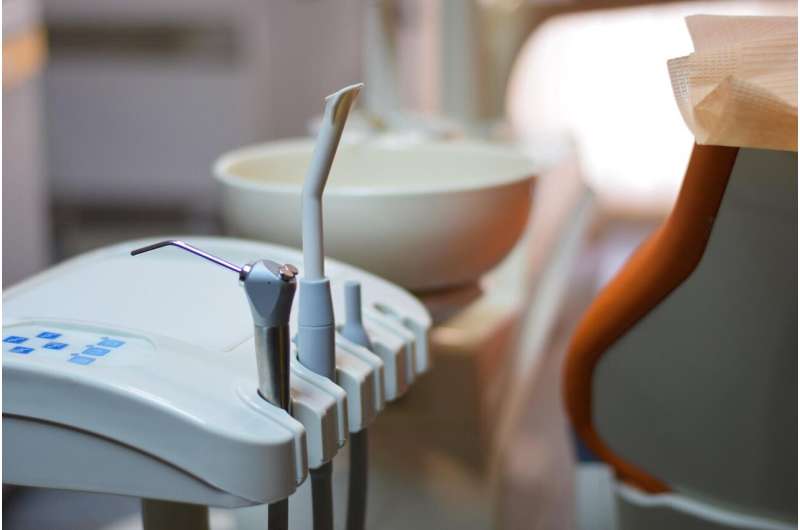TikTok Skin-Care Routines in Teens May Increase Risk of Chronic Allergies

A recent study warns that TikTok skin-care routines among teens may cause lifelong allergies and skin conditions due to high-risk ingredients and unregulated practices. Learn more about the potential health implications.
Recent research highlights the potential health risks associated with the popular TikTok skin-care trends among teenagers. A study published in the journal Pediatrics examined the skin-care practices shared by girls aged 7 to 18 on social media platforms. It revealed that these young individuals often use an average of six different skin products daily, with some using over a dozen, many of which contain potentially irritating ingredients.
The study found that the high costs of these routines, averaging $168 per month, and the lack of sun protection, especially sunscreen—which only 26% of routines included—pose significant concerns. More alarmingly, the ingredients in the most viewed videos frequently included active agents like hydroxy acids, which can cause skin irritation, increased sun sensitivity, and allergic contact dermatitis. The simultaneous use of multiple products containing similar active ingredients, such as acids or fragrances, greatly elevates the risk of developing lifelong allergies or chronic skin conditions.
For instance, one TikTok video examined in the study showed a creator applying ten products in just six minutes, resulting in immediate discomfort and visible skin reactions. Moreover, the content often emphasizes lighter and brighter skin, sometimes reinforcing racial biases and promoting consumerism. These trends are problematic not only for skin health but also from a societal perspective, as they set unrealistic beauty standards.
Experts warn that such routines may have long-term consequences, as developing allergies can restrict the types of skincare or hygiene products individuals can safely use in the future. The study’s authors stress that content creators and viewers alike should be cautious about the ingredients being promoted and the effects these routines might have on their health.
The research team replicated teen social media behavior by creating TikTok accounts portraying 13-year-olds and analyzed hundreds of videos to understand the content and ingredients involved. This investigation underscores the importance of raising awareness about the potential dangers of unregulated beauty routines circulated on social media.
For further details, the full study can be accessed in Pediatrics. This work emphasizes the need for education on safe skincare practices, especially for impressionable youth influenced by social media trends.
Stay Updated with Mia's Feed
Get the latest health & wellness insights delivered straight to your inbox.
Related Articles
Study Shows Same-Day Discharge Safe for Older Women Undergoing Breast Cancer Mastectomy
New research reveals that older women undergoing mastectomy for breast cancer can safely leave hospitals on the same day, reducing unnecessary overnight stays without increasing complications. This approach enhances recovery and hospital resource efficiency.
FDA Approves Innovative Cream to Treat Chronic Hand Eczema
The FDA has approved the first prescription cream for treating chronic hand eczema, offering new hope to millions affected by this persistent skin condition. Learn about this breakthrough treatment and its potential impact.
Research Highlights the Absence of Gender Consideration in Tobacco Control Efforts
A recent study highlights the critical need to integrate a gender perspective into tobacco control research to improve cessation strategies and policy effectiveness worldwide.
Understanding the Impact of Antipsychotic Medications on Oral Health
Research reveals that antipsychotic medications may cause significant oral health issues, including dry mouth, inflammation, and tooth loss. Regular dental assessments and collaboration between healthcare providers are essential for patient well-being.



